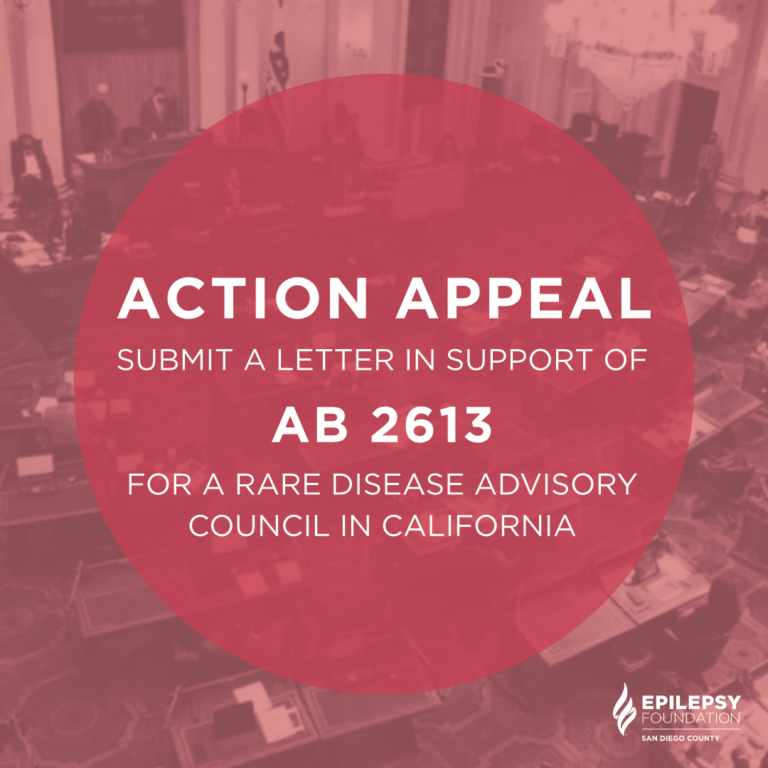(Psychomotor, temporal lobe) People who have had this type of seizure should be fully conscious and aware before being left on their own. Make sure they know the date, where they are, where they are going next. Confusion may last longer than the seizure itself and may be hazardous. If full awareness does not return, call for medical assistance.
